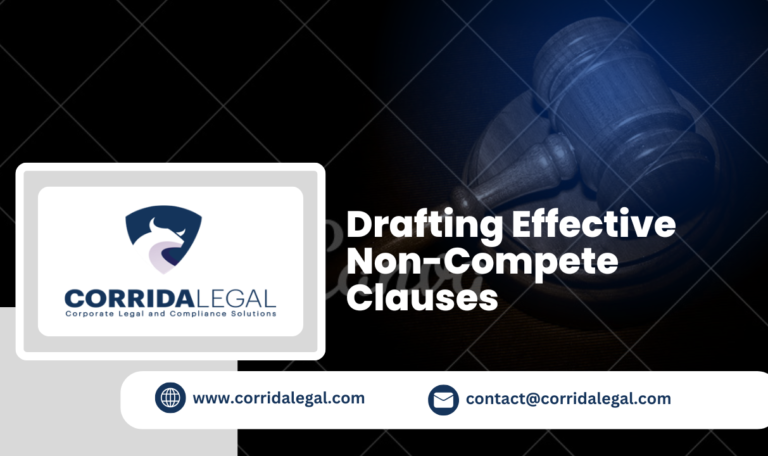This article provides insights on Drafting Effective Non-Compete Clauses.


This article provides insights on Drafting Effective Non-Compete Clauses.

The Impact of Non-Compete Clauses on Employees

This article pertains to Understanding Non-Compete Clauses in India.

Anticipatory Breach in India. Best corporate law firm in Gurgaon and Mumbai with specialists in Corporate Laws, Employment Laws, Data Privacy, Mergers & Acquisitions/Private Equity, Intellectual Property, Dispute Resolution, Chartered Accountancy (CA services) and Compliances.

This article pertains to ways to issue shares under ESOP.
This article explores the applicability, nuances, and compensation essentials, shedding light on the often-debated coverage of the IT/ITES sector and offering insights into the legal intricacies surrounding lay-offs.

The concept of moonlighting has become a major talk of the corporate town, and with the recent take of Mr. Sandip Patel, MD, IBM India, we get a hint of this trend gaining momentum amongst the peers in the tech industry. He dissuaded employees from siding with moonlighting if the interests of the company are at stake. He emphasized on following the due process, if at all, employees wish to take up side jobs but his internal note terms moonlighting as a violation of trust, policy and creates a potential conflict of interest. It is clear from his views that companies really have important concerns and are finding themselves at the cross-roads although there might be the necessary bending going on, on the inside to accommodate the interests of both the employers and the employees.

Restrictive covenants under the Employment Contract mean clauses that are incorporated in an Employment Contract in order to impose certain restrictions on the employees. These clauses are incorporated to safeguard and protect the business interests of the Company. This is the first part of a two-part series wherein we discuss about the legality of the restrictive covenants under the Employment Contracts. This article aims to ascertain the legal validity of such restrictive clauses.